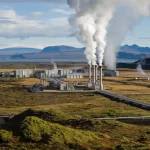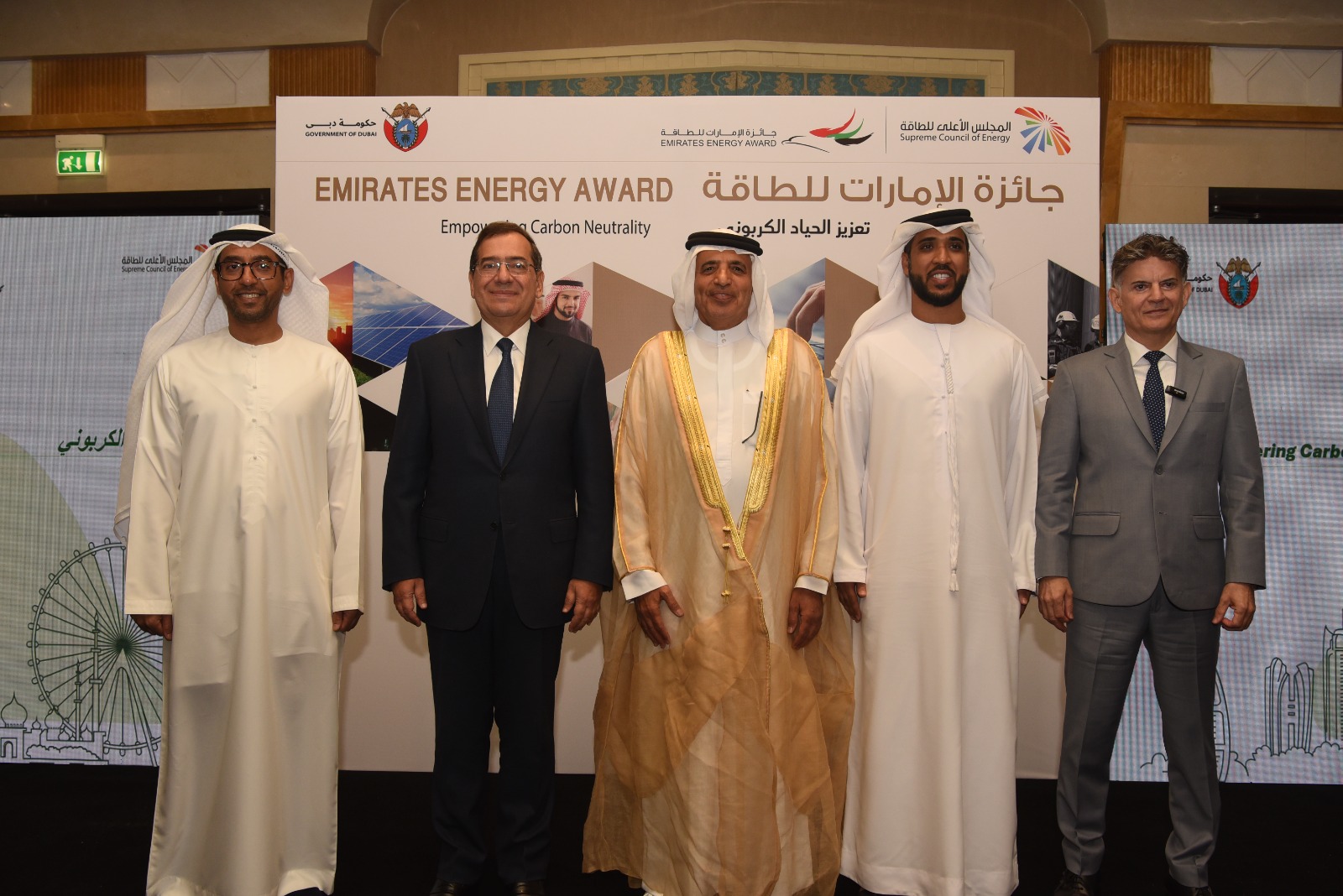In its publication this week, the Italian Institute for International Policy Studies (ISPI) discussed the potential for economic take-off in the Middle East and North Africa region. Expert analyzes dealt with the most important developments in the region. With a number of future scenarios. The publication highlights investments in infrastructure, which are increasingly important to allow the countries of the Southern Mediterranean to unleash their full economic potential.
While the epidemic and the war in Ukraine have taken a heavy economic toll on the region, also in terms of declining foreign direct investment inflows. These events had a serious impact on the economy of countries that depended heavily on foreign capital. It requires more investments in infrastructure assets.
Currently, the funding gap is so wide, the World Bank has estimated that at least $100 billion annually, over the next five years, will be required to improve regional connectivity in cross-border transport and energy projects.
Experts pointed out that the additional investment would also bring benefits to Europe, such as the energy sector, as the current crisis has enhanced the value of natural gas in North Africa for European diversification efforts in the short term, and may be a catalyst for renewing the Euro-Mediterranean relationship. Moreover, the future potential of green hydrogen – as a promising renewable resource – may enhance the role of some countries in the region as recipients of foreign direct investment.
Analysts point out that some countries in the region – particularly the Arab Gulf states – are already investing heavily in clean energy. But foreign capital is also required to promote energy security more broadly within the entire Mediterranean region.
This is why the European Investment Bank, through the EU Global Gateway initiative, has targeted countries in the Mediterranean to implement projects in green and sustainable infrastructure.
required investments
Quality infrastructure is a critical component of inclusive and sustainable growth. It can reduce logistics costs, facilitate trade, promote export diversification, and enhance competitiveness.
Currently, infrastructure connectivity in the MENA region remains limited, but the future choices of the region’s economies, and their approaches to infrastructure provision, will have a long-term impact on Euro-Mediterranean integration. According to the World Bank, investments of at least $100 billion annually will be required over the next five to ten years to maintain existing infrastructure and build new ones.
The largest funding gaps are in the areas of cross-border infrastructure, road transport, and energy. Therefore, countries in the region should identify good practices and set guidelines on infrastructure quality and interconnection prospects. A regional platform for cooperation and dialogue on connectivity infrastructure investments can help boost trade and investment, as well as ensure a coordinated transition to carbon neutrality across the Mediterranean.
This platform should enable countries to work together to improve the regulatory and business environment needed to attract more private investment in infrastructure. A network of integrated logistics platforms within a cooperative framework of ports and special economic zones, in the north or south of the Mediterranean, can stimulate synergies and ensure the development of infrastructure in these regions.
Building confidence
Sustainable investment is not possible without a strong infrastructure system. This is of particular importance for Southern Mediterranean countries, whose integration into regional and global value chains could be significantly improved.
For the private sector, political stability, institutional support, and the rule of law influence how investors assess the commercial viability of a project. In addition, infrastructure investments involve complex legal and financial frameworks. However, many economies within the region lack the skills to plan, implement, maintain, and regulate infrastructure operations.
In addition to these things, boosting investment in infrastructure requires more cooperation and trust between the public and private sectors. Governments and businesses must work together to attract investment in the facilities needed to develop communities and cities, as well as the people who build a sustainable, stable and prosperous future for the region.
Hydrogen Partnership
The Mediterranean energy system has historically been characterized by a low level of integration, with the exception of fossil fuel trade flows linking Africa with Europe. The current energy crisis has enhanced the value of North African natural gas to European diversification efforts in the short term, and may be a catalyst for a renewal of the Euro-Mediterranean energy relationship in the long term.
In the southern Mediterranean, new upstream investments by European oil and gas companies are expected to increase natural gas exports through the already available pipeline and LNG infrastructure. This heavy presence may coincide with additional investments in renewables, as part of the major oil companies’ decarbonization efforts.












